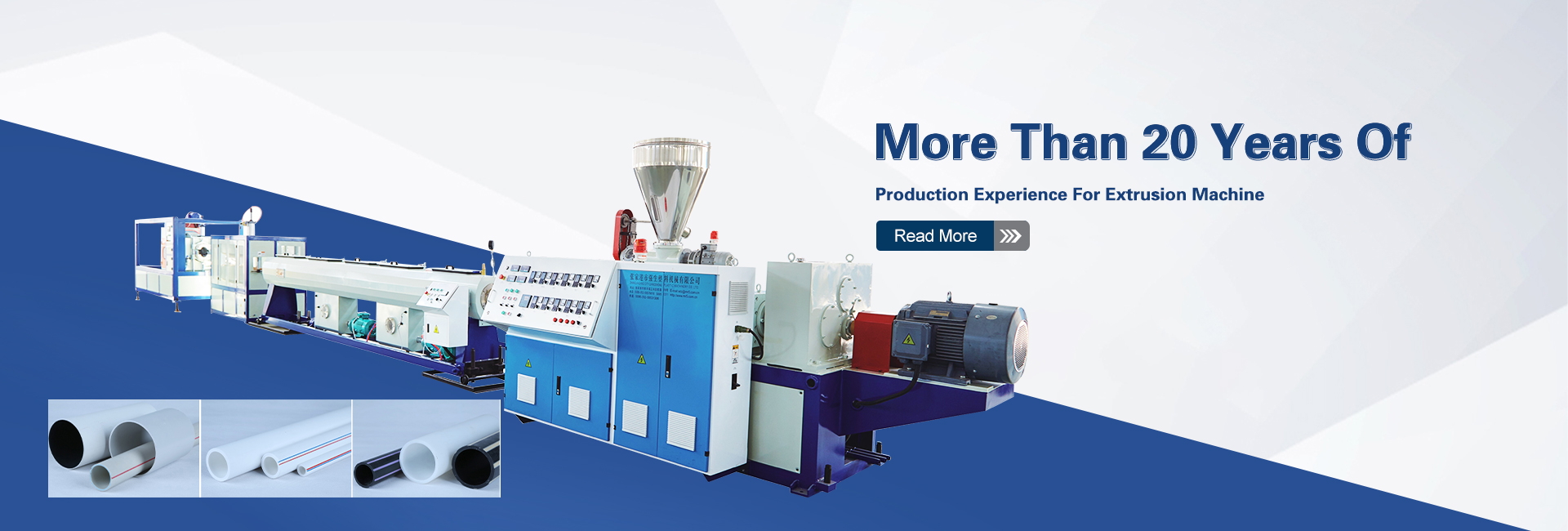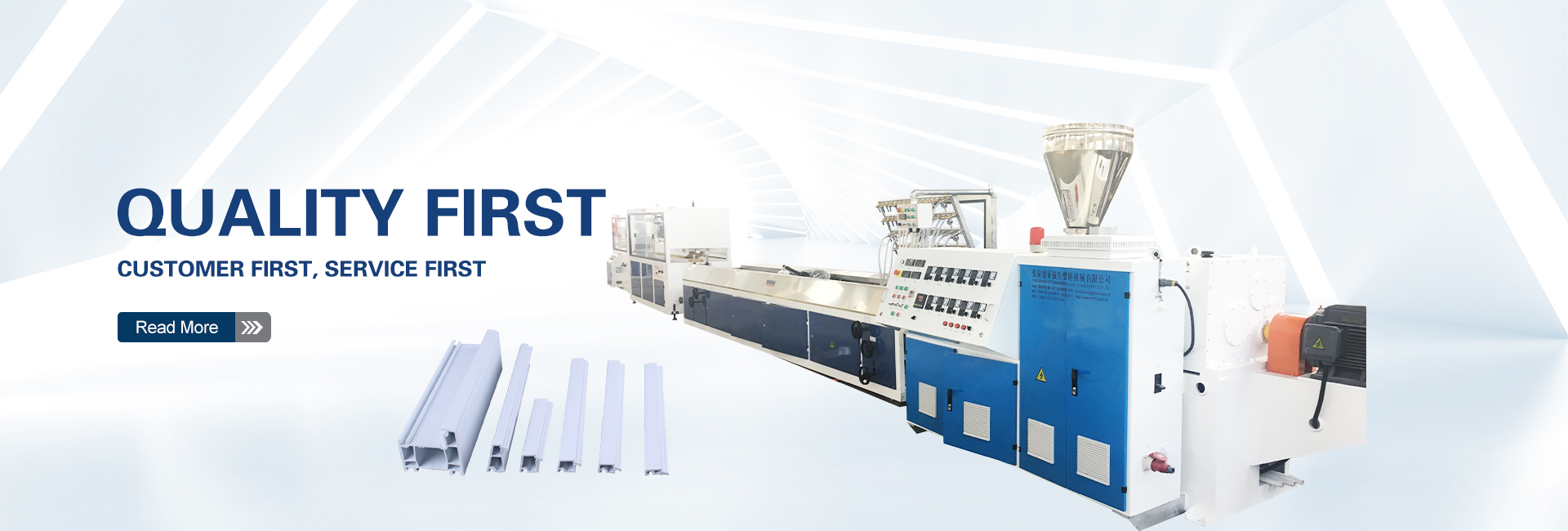Introduction
The choice of resin can have a significant impact on the performance of a plastic extruder. The right resin can help to improve the quality of the extruded product, increase production efficiency, and reduce costs. In this blog post, we will discuss some of the factors to consider when choosing a resin for a plastic extruder.
Material Properties
The first step in choosing a resin is to consider the material properties that are required for the application. Some of the important material properties include:
- Strength: The strength of the resin will determine how much weight the extruded product can support.
- Stiffness: The stiffness of the resin will determine how much the extruded product will deflect under load.
- Impact resistance: The impact resistance of the resin will determine how well the extruded product will withstand being dropped or struck.
- Temperature resistance: The temperature resistance of the resin will determine how well the extruded product will withstand heat.
- Chemical resistance: The chemical resistance of the resin will determine how well the extruded product will withstand exposure to chemicals.
Processing Considerations
In addition to material properties, it is also important to consider processing considerations when choosing a resin. Some of the important processing considerations include:
- Melt flow index (MFI): The MFI is a measure of how easily the resin flows when it is melted. A higher MFI will result in faster extrusion rates.
- Viscosity: The viscosity of the resin is a measure of how resistant the resin is to flow. A lower viscosity will result in easier processing.
- Glass transition temperature (Tg): The Tg is the temperature at which the resin changes from a hard, brittle material to a soft, rubbery material. The processing temperature must be above the Tg for the resin to flow properly.
Compatibility with Additives
Some resins are compatible with additives that can improve their performance. Some common additives include:
- Fillers: Fillers can be used to improve the strength, stiffness, and dimensional stability of the extruded product.
- Reinforcements: Reinforcements, such as glass fibers or carbon fibers, can be used to further improve the strength and stiffness of the extruded product.
- Pigments: Pigments can be used to add color to the extruded product.
- UV stabilizers: UV stabilizers can be used to protect the extruded product from UV radiation.
Cost
The cost of the resin is another important factor to consider. Resins can vary in price from a few dollars per pound to hundreds of dollars per pound. The cost of the resin will depend on the material properties, processing considerations, and compatibility with additives.
Conclusion
The choice of resin is a critical decision that can have a significant impact on the performance of a plastic extruder. By carefully considering the material properties, processing considerations, compatibility with additives, and cost, you can choose the right resin for your application.
Post time: Jun-11-2024



